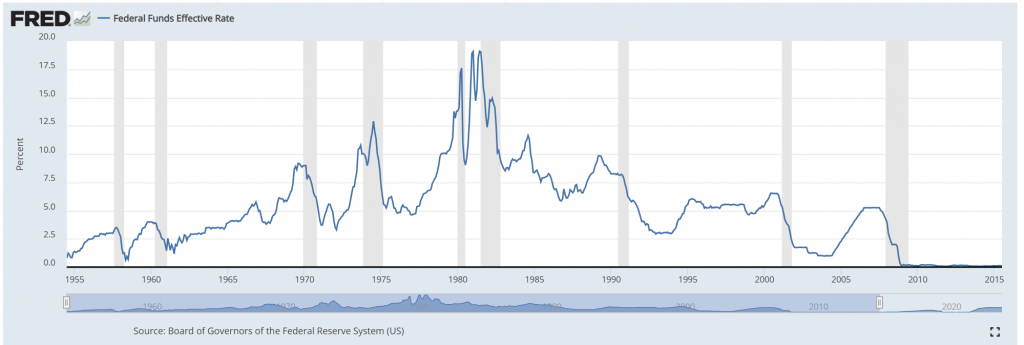Water in the freezer ultimately becomes ice.

The day has finally arrived; we will find out what Ms Reeves has in store. I have been reading Sapiens, written by Yuval Harari, which I know I am not alone in. By chance, I came to the chapter on capitalism, the reference to Adam Smith’s Wealth of Nations, and his explanation of capitalism. When a landlord, shoemaker, or weaver has greater profits than he needs, he reinvests the capital into the business and employs more people, creating wealth for all concerned. Fundamentally, Greed is good; my profits are your profits, and the rich are the most benevolent in society as they turn the wheels. I’m not sure if Mr Starmer sees it quite that way.
Back to more mundane matters, and maybe less cheery. Yesterday, I was kindly invited to a BCA research lunch. BCA is one of the longest-established and most respected macro research houses. Peter Berezin is their chief global strategist. Unlike many strategists, he has a pretty good record of being contrarian and, more importantly, right more often than he is wrong. Two years ago, as interest rates started to rise, many analysts were getting pretty bearish. Mr Berezin remained optimistic about capital markets and how right he was. He is less bullish now and has a worst-case scenario for the S&P of 3800. How does he get there? Simple maths, I will explain shortly. His core view is that unemployment is rising; therefore, the US will not avoid a recession—the consensus view of a soft landing he challenges. China’s stimulus package is too small and poorly targeted to have the desired effect. He also believes Trump is far more serious about introducing import tariffs than people believe, which could push up prices, making it harder for the Fed to cut rates. Cutting to the chase, when interest rates peak, historically, a recession follows, and this time will be no exception, and the signs are there. I have included a chart to demonstrate this point. The grey bars are recessions, and the blue line is US interest rates. He gave the analogy of putting a glass of water in the freezer; it remains a glass of water for a while but ultimately becomes ice.

How does he get to 3800 on the S&P 500? It’s simple. An economic recession sees a drop in earnings, say 10%, which would take the forward EPS to around $240. Derate the equity market from 21x to 16x, and there you have it: 16 multiplied by 240 equals 3800, or thereabouts. One can flex those numbers; earnings may not fall as much, and the market may not de-rate as much. However, one can see the risks of an economic recession, which is not the base case scenario many strategists pose to equity markets. Is he right? Is he wrong? Time will tell, but hearing another side of the story is always good.
Back to Ms Reeves: Borrowing your way to growth is a risky business, and a US recession would not help. When the US sneezes, the rest of the world catches a cold.